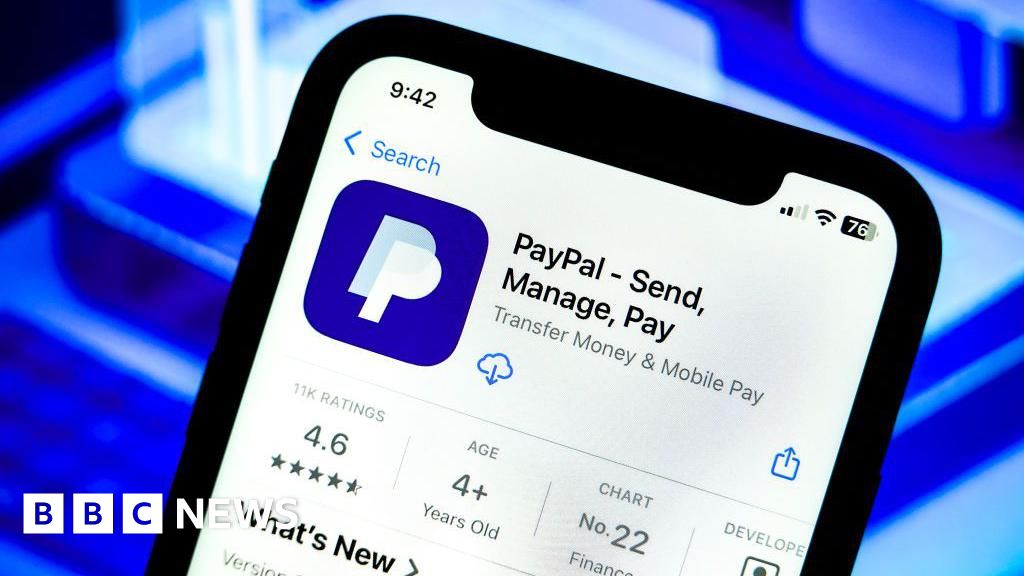An undercover investigation by the BBC has brought to light the alarming practices of fraudulent recruitment agents targeting foreign nationals aiming to secure jobs in the UK care sector. The footage reveals Dr. Kelvin Alaneme, a Nigerian physician with NHS experience, involved in deceptive practices that exploit needy applicants.
The investigation shows that unscrupulous agents are taking advantage of the Health and Care Work visa program, which was expanded in 2022 to include care workers. Agents are illegally selling positions that do not exist, contributing to the distress of many who are desperate for work. Dora-Olivia Vicol, CEO of the Work Rights Centre, emphasizes the significant risk posed by the sponsorship system, which allows agents immense power to exploit applicants.
Secret footage captures Alaneme discussing recruitment strategies with an undercover journalist, showcasing the ease with which job proficiency can be fabricated. He declared he could make her a millionaire by simply procuring care home vacancies, offering substantial commissions in return.
One specific case highlighted involved an individual named Praise, who claimed to have paid £10,000 for a nonexistent job placement in the UK. He shared how his communication with both Alaneme and the implicated care company yielded no results, emphasizing the dire consequences of such fraudulent schemes for hopeful migrants seeking employment.
The BBC's investigation further uncovered troubling statistics surrounding sponsorship licenses. The Home Office issued more Certificates of Sponsorship than the number of employees reported by the allegedly complicit care company, Efficiency for Care, triggering serious concerns about compliance and transparency within the system.
In parallel, a second agent, Nana Akwasi Agyemang-Prempeh, was implicated for providing fake sponsorship documents while diverting his efforts towards the construction sector. Multiple individuals reported financial losses while pursuing positions promised through fraudulent sponsorships, as costs associated with these visas can escalate quickly.
The Home Office has expressed its commitment to addressing these challenges by introducing new measures to combat employers abusing the visa system. Recent announcements indicate clamps on rogue employers, with heightened scrutiny expected across the industry.
Amid these revelations, the emotional toll on victims remains profound, with many now trapped in precarious situations as they navigate complex immigration processes. This investigation sheds light not only on the exploitative practices of individuals profiting off vulnerable populations but also on systemic flaws that allow such activities to thrive.





















